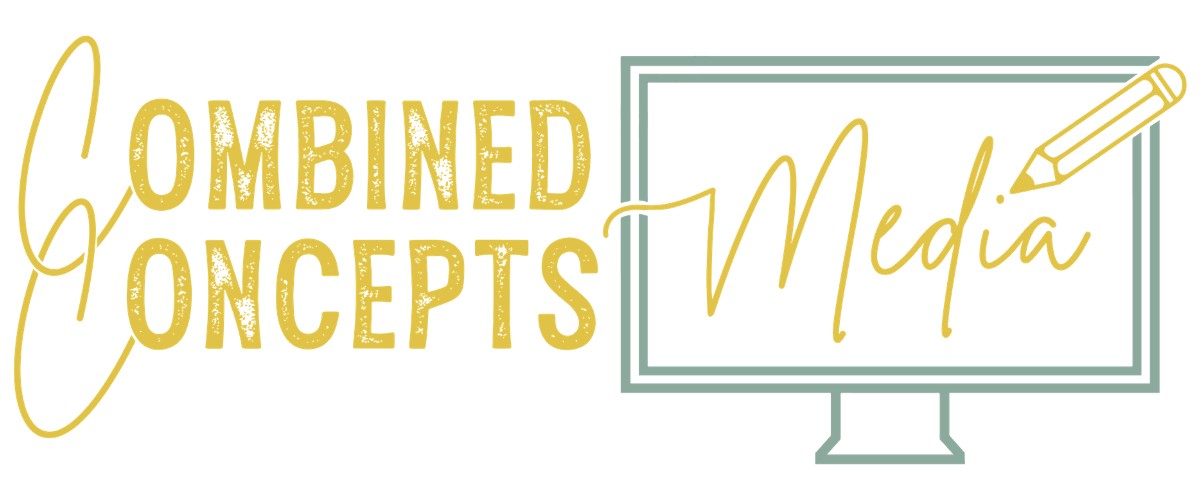What social media pages should my business have?
Social media platforms & their audiences
Facebook, Twitter, TikTok…oh my. And WTH is Clubhouse, anyway?
If you find yourself overwhelmed with all social media platforms available to your business, and the thought of creating content for all of them makes you taste the burnout, I have good news for you. You (probably) don’t need to be active on every social media platform out there. With that said, it’s good practice to at least create an account on platforms so that you can secure your business handle (and a nefarious competitor can’t).
When it comes to content creation, focus on platforms where your target audience is most likely to be found. Each platform hits a slightly different niche, so you’ll get the most exposure out of your content (and steeply reduce your risk of burnout) by being choosy where you spend your creative power and time.
Below is a guide to some of the most popular social media platforms and their main demographic(s) to help you narrow down your social media decision.
The most popular and most versatile of the social media channels. Facebook makes sense for most businesses to have since 63% of the U.S. population over age 12 uses Facebook.
User Demographics:
Adults, Millennials, Local Consumers
Makes sense for:
Pretty much every business. If you’re reading this, you should just go make a Facebook page (if you haven’t already)
Consider Instagram to be Facebook’s artistic, younger sibling. Acquired by Facebook in 2012, Instagram is more heavily image and video focused than its parent company and tends to appeal to a slightly younger demographic.
The new “Reels” feature was recently launched as a competitor to TikTok (covered later on) and allows users to create short video clips with sound dubs and text overlays among other features.
User Demographics:
Millennials, Gen Z
Makes Sense For:
Photographers/Videographers
Restaurants
Beauty Industry
Boutique/Shopping
Wedding Venues
Bloggers
Think: digital networking! LinkedIn is a space to talk shop with other professionals, connect with industry leaders and even seek out jobs. Business owners and professionals should have a personal LinkedIn page that is updated regularly as an online resume.
Company pages will see the most success on LinkedIn when sharing relevant resources, employee engagement efforts and job postings.
User Demographics:
Business Professionals
Entrepreneurs
Networkers
Makes Sense For:
Sales-Oriented Businesses
B2B
Software Companies
Local Businesses
Twitter is great for short-and-sweet tidbits of content. With only 280 characters, whatever you say will have to pack a punch.
Twitter is great for engaging in industry discussion, answering questions, providing customer support and chiming in on recent events. The platform can become polarized and political, so always consider brand safety.
User Demographics:
Politically Informed Users
Social Causes
Millennials, Gen Z
Makes Sense For:
Politicians
Customer Support
For inspiration-seekers, Pinterest is a staple. Home decor, crafts, recipes, wedding plans, organization/productivity and workouts are all Pinterest-worthy topics with millions of “Pins.” Because users are shown content on a national scale, Pinterest is good for brand exposure, driving traffic to a blog or generating e-commerce sales. It generally doesn’t perform as well for local brick-and-mortar locations.
User Demographics:
DIY-ers
Generation X, Millennials
Makes Sense For:
Blogs
E-commerce
YouTube
The Google of video content! (No really, Google acquired Youtube in 2006). A great platform for hosting promotional, how-to, or vlog-style video content. Producing quality video content can be time-consuming, so if you are a small brand, be sure to consider the time investment when calculating your ROI.
User Demographics:
DIY-ers
Gen X, Millennials, Gen Z
Makes Sense For:
Vlogs
How-To/Support Content
Promotional Video Hosting
TikTok
Open up TikTok and you’ll find a wide variety of content, everything from productivity tips to viral dances to new music. Users can upload video clips ranging from 15s-60s and utilize in-app video editing tools like filters, effects, sounds and text overlays.
The main user demographic is Gen Z, but some Millennials joined the app to kill boredom during quarantine in 2020. To be successful as a brand on TikTok, focus on creating content that fits into user feeds, doesn’t feel “sales-y” and stay relevant by capitalizing on current trends and sounds.
User Demographics:
Gen Z, Millennials
Makes Sense For:
Creative Brands
Large Brands (Paid)
PS: “FYP” means “for you page” aka the TikTok newsfeed
Snapchat
A way to easily send photos to friends back and forth, knowing they will disappear forever unless you’re notified that the other user took a screenshot. Mainly used for friends to communicate back and forth quickly, some brands find success with Snapchat ads housed in stories and the “discover” section. Small businesses may find custom geo-filters a more cost-effective way to use Snapchat to generate exposure and brand awareness.
User Demographics:
Gen Z, Millennials
Makes Sense For:
Large Brands (Paid)
Small Businesses (Geo-filters)
Clubhouse
Meet the new kid, Clubhouse. Self-proclaimed “drop-in audio chat,” Clubhouse features rooms where users can freely communicate via speaking with one another. There’s a moderator and you can get invited to a room with friends or join an existing conversation. Currently, Clubhouse is only available for iPhones and does not have a paid advertising platform (yet).
User Demographics:
Millennials
Makes Sense For:
Podcasters
Course Sellers
Affiliate Marketers
A good marketing mix will include a solid strategy across 1-3 of these social media platforms. If you’re wondering which ones you should focus on, schedule a free consultation and we can chat through it together!















